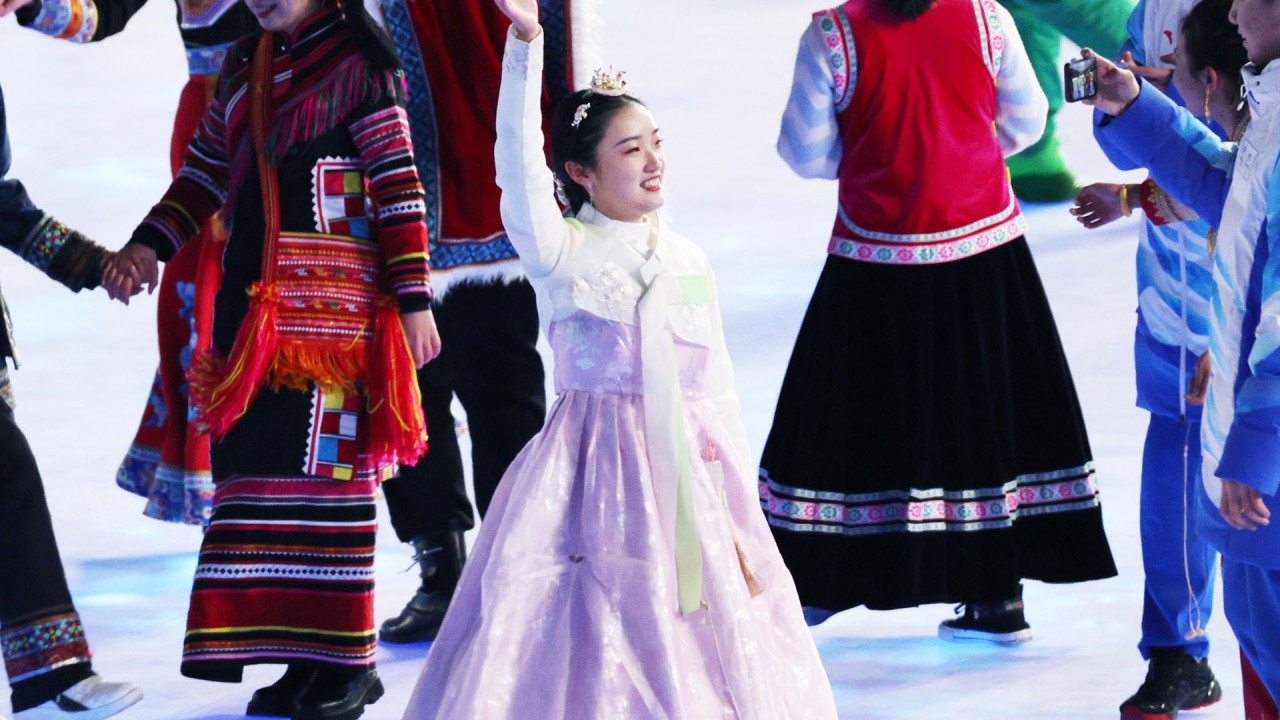Culture wars: China shares animal zodiac with neighbours but like pao cai and kimchi, there’s disagreement over who owns what
- The 12-animal zodiac calendar used in China today came from ancient Babylon via India thousands of years ago
- Neighbouring countries such as Japan, South Korea and Vietnam also have it, although with slight differences

He wrote in his paper published in the Kashgar University’s Academic Journal in 1999 that Babylonian’s 12-animal zodiac along with their astronomical knowledge was spread to India no later than 3,000 years ago as trade between these regions grew.

The zodiac system was modified in India before being disseminated to China during about the 3rd century BC along the Ancient Silk Road, Li argued. The calendar later became popular in China thanks to the proliferation of Buddhism and acquired further cultural relevance in Chinese society, according to the paper.
China is not the only country following the 12-animal zodiac calendar. Neighbouring nations such as Japan, South Korea and Vietnam also have it, although with slight differences in animal signs.
It’s not the only cultural practice that China and its Asian neighbours share. But this has caused disputes over the ownership of cultural traditions, especially with South Korea.

